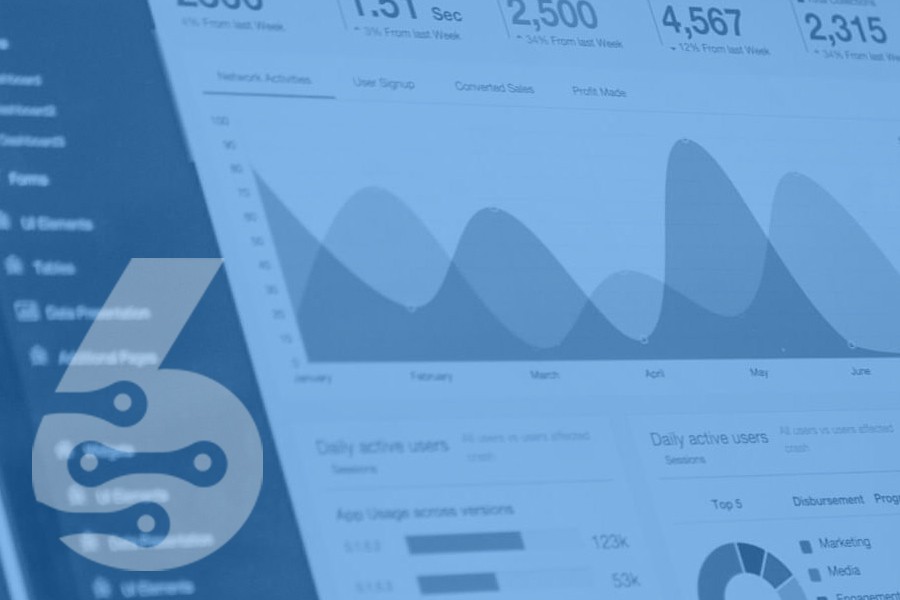KPIs are essential for businesses to track progress toward their goals. They can be used to measure progress in any company area, from sales and marketing to product development and customer satisfaction. By tracking KPIs, businesses can identify areas that need improvement and take steps to correct course.
Businesses can track a few different types of KPIs, depending on their goals. Some common KPIs include:
- Sales numbers: This is often the most critical KPI for businesses that rely on selling products or services. Sales numbers can be compared weekly or monthly to see if the company is growing.
- Website traffic: For businesses that rely heavily on their website, tracking how much traffic it gets is essential. This KPI can be used to gauge how effective marketing and advertising campaigns are.
- Conversion rate: This measures how many people who visit the website actually take the desired action, such as making a purchase or signing up for a newsletter. A low conversion rate can indicate a problem with the website or the products/services offered.
- Customer satisfaction: This KPI is important for all businesses, as it measures how happy customers are with the products or services they've received. Businesses can track customer satisfaction using surveys or other feedback mechanisms.
Businesses can track many other KPIs, depending on a companies goals and needs. The important thing is to choose KPIs that will help the business track progress and identify areas needing improvement. By tracking KPIs, businesses can ensure they are on track to reach their goals.

Related Blog Articles

Guide to PEPPOL e-Invoicing
PEPPOL is more than an e-invoicing standard: it is a way to streamline global trade. Its adoption enables companies, large and small, to navigate the complexities of international transactions with ease and efficiency.It offers multiple benefits, such as the automation of e-invoicing, which minimizes errors and increases productivity. Especially for large companies with significant transaction volumes, this can translate into significant cost and time savings.PEPPOL's universality also simplifies cross-border trade,...
Understanding Customer Relationship Management (CRM)
If you want to run a successful business, it is essential to have a sound customer relationship management system or CRM in place. A CRM can help you keep track of your customers, their needs and wants, and how to best serve them. There are many different CRMs out there, so it is essential to find one that will work well for your business. This blog post will discuss implementing...
Data-Driven Decision-Making for Business Success
In the digital age, data is the key to success for any business. Companies must effectively use internal and external data sources to make informed decisions that will lead to improved performance. From ERP and CRM systems to industry experts like Gartner, MoreThanDigital Insights, and McKinsey, various data sources can help companies make better decisions. Let's dive into how businesses can leverage these resources to drive success.Related SIX ERP Solutions:
Related SIX ERP Features:
Want to see SIX for yourself?
Need help, have questions or want to get a free demo?
Please read our Privacy Policy on how we process personal data. We will never share your data!



